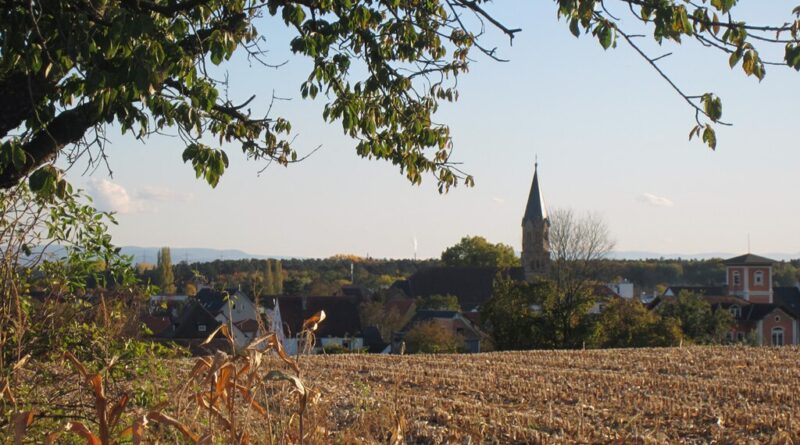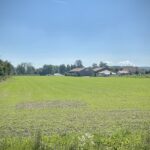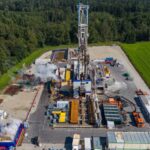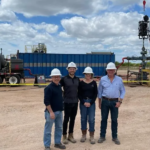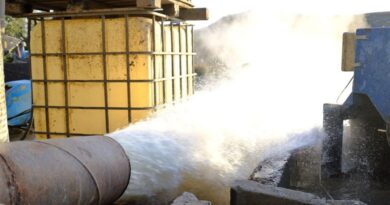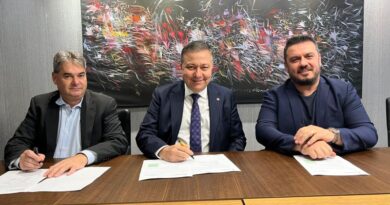Local council approves land use for geothermal drilling in Rülzheim, Germany
Energy Disrupter
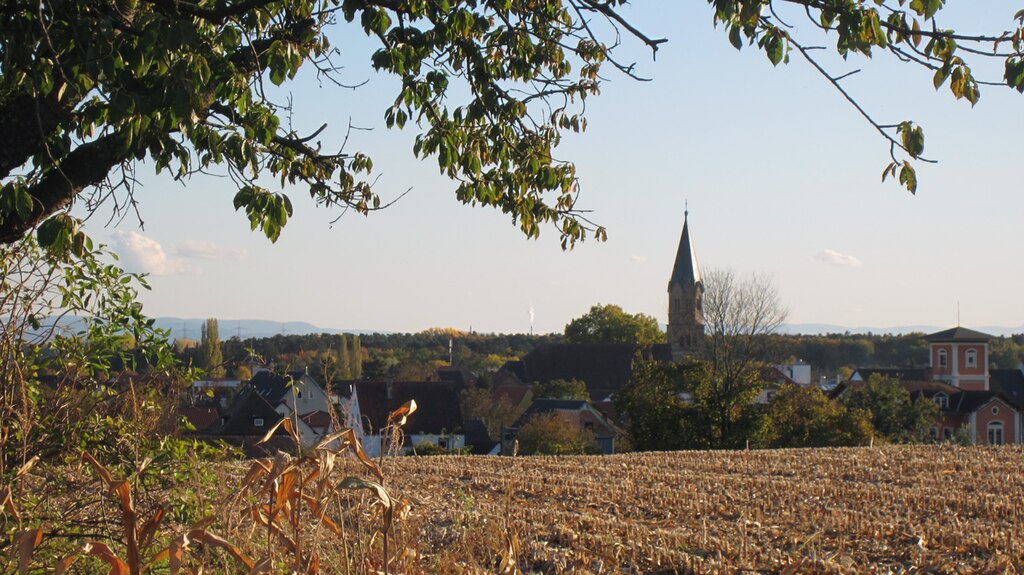
The local council of Rülzheim, Germany has expressed support for a planned geothermal exploration drilling by Deutsche Erdwärme.
A 19,000 square meter area between Rülzheim and Bellheim in Rhineland-Palatinate, Germany has been approved for geothermal drilling to explore the potential for geothermal heating or power in the region. However, additional approvals will still be needed for drilling to commence, which is expected to take anywhere between five to eight years.
The two properties being eyed for geothermal drilling had previously been designated in the regional plan as “priority area for agriculture” and “regional green belt.” To make drilling possible, the local council initiated a target deviation procedure (“Zielabweichungsverfahren”) for the area which will allow developers to deviate from the original objective for the location.
Based on an evaluation of existing geological data, Deutsche Erdwärme states that there are positive indicators for geothermal resources in the area. The preliminary plan is to drill a geothermal well to a depth of around 3500 meters, tapping into a geotectonic fault system. If economic extraction is proven to be possible, a geothermal plant can be built at the site to generate heat and/or electricity.
The selected project site is located far from the community, so no residents will be affected by noise, steam, or light from the geothermal operations. Moreover, the eastern side of the project site borders no nature reserves, the project can be developed without effects on any protected areas.
Susan Weber of Deutsche Erdwärme is optimistic that the project can be developed and that the geothermal resources at the site can be used for 30 to 40 years. The company is currently developing the Graben-Neudorf geothermal site where geothermal waters at more than 200 °C have been found.
However, additional approvals will still be needed before drilling can begin in Rülzheim. The local council has expressed support for the project, but the municipal council will still need to approve. The Structural and Approval Directorate (SGD) will then give their decision on whether drilling can begin. Weber estimates that it will still take at least five years before any drilling can take place.
Source: Die Rheinpfalz

